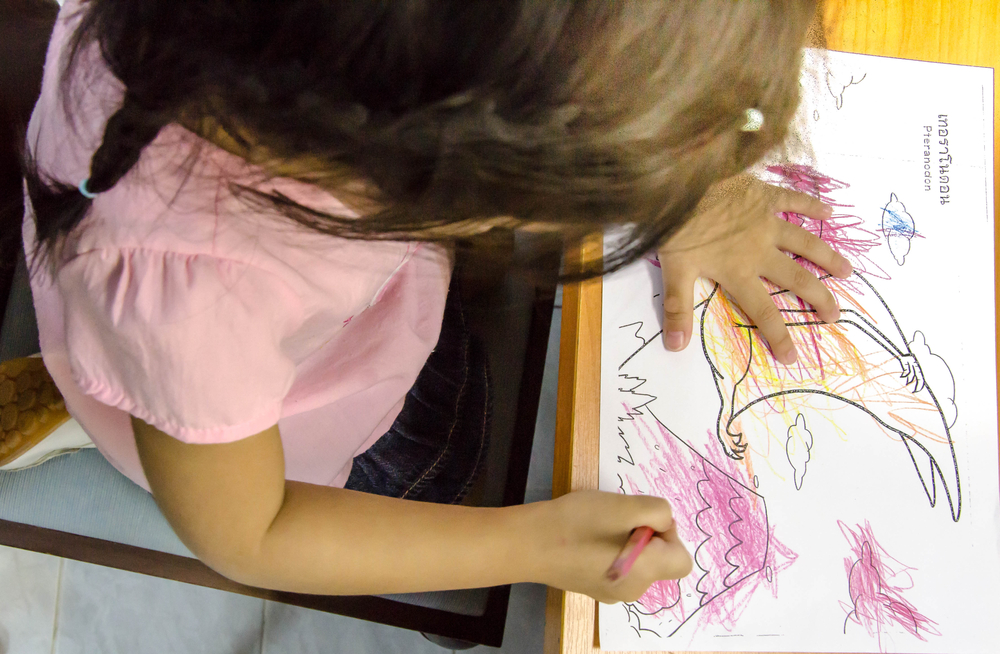Alphabet worksheets activities for 9-Year-Olds
3 filtered results
-
From - To


Phonics and Word Recognition: Assessment 3 Worksheet


Phonics and Word Recognition: Assessment 1 Worksheet


Phonics and Word Recognition: Assessment 2 Worksheet
Alphabet worksheets activities stand as an essential cornerstone in the foundational stage of early education, offering a structured and engaging pathway for children to acquaint themselves with the basics of reading and writing. These activities are not just about memorizing the letters; they introduce young learners to the sounds each letter makes, laying the groundwork for phonemic awareness and spelling skills. Here’s why alphabet worksheets activities are incredibly useful in the educational journey of a child.
Firstly, these activities foster letter recognition, a critical first step in learning to read. By repeatedly seeing and working with each letter through various tasks, children develop the ability to distinguish one letter from another, an essential skill for fluent reading. Alphabet worksheets often incorporate colorful and attractive designs, making this learning process enjoyable and engaging for young minds.
Secondly, alphabet worksheets activities promote fine motor skills development. As children trace letters, color within lines, or cut and paste letter-based crafts, they refine their hand-eye coordination and dexterity. These skills are crucial not only for writing but for daily tasks outside the classroom.
Moreover, alphabet worksheets can be incredibly versatile, catering to different learning styles. Whether a child learns best through visual representation, hands-on activities, or auditory cues, there are worksheets designed to meet these varied needs. They can include matching exercises, letter hunts, and even games, ensuring that learning the alphabet is a comprehensive and multi-sensory experience.
Lastly, these activities provide a structured learning environment that can be easily adapted to individual learning paces. Children who may need extra attention on certain letters or sounds can spend more time on targeted worksheets, ensuring they build a solid foundation before moving on to more complex literacy skills.
In conclusion, alphabet worksheets activities are invaluable in the early stages of education. They not only make learning the alphabet fun and engaging but also ensure that children develop the necessary skills for reading and writing success. Through these carefully designed activities, the world of literacy opens up to young learners, setting them on the path to becoming confident readers and writers.
 Assign to My Students
Assign to My Students















